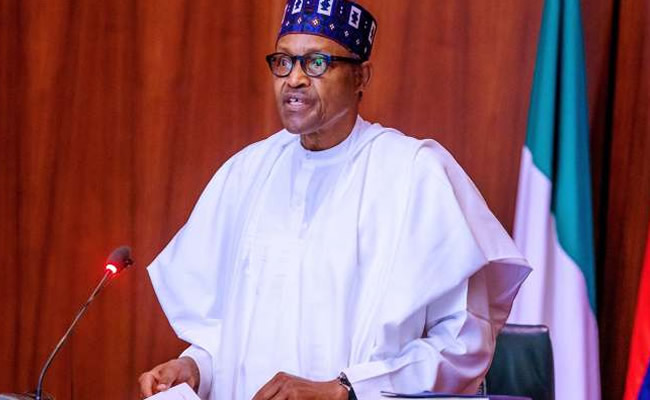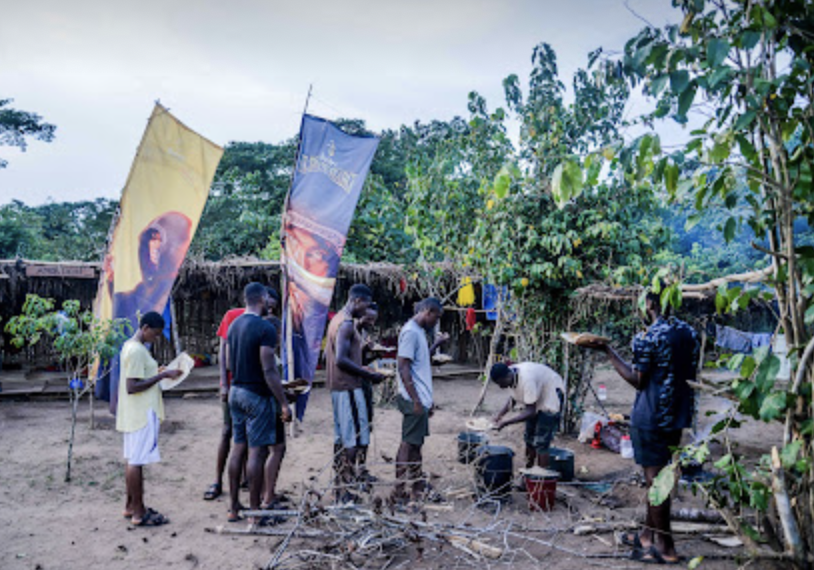Industrial advisory council to focus on 5 top priority areas

Nigeria Industrial Policy and Competitiveness Advisory Council has said that it was committed to working together with the public and private sector to solve the most pressing problems and challenges that confront industry and industrialization in the country.
The minister of Trade and Investment, Mr Okechukwu Enelamah told State House correspondents on Monday at the Presidential Villa Abuja that the council deliberated on the modalities to effectively implement the five critical areas that would make Nigeria one of the leading industrialized nations in the world.
Enelamah said that the five top priority areas identified by the council include; critical infrastructure, financing, trade, skills and capacity building.
He said; “This is the second meeting of the Nigeria Industrial Policy and Competitiveness Advisory Council or Industrial Council for short.”
According to him, “There are a couple of questions that are important in strategy. They say “The Who” is even more important than “The What.” The Who and what questions are the two most important questions in strategy, who is doing the strategy and implementing it and what is the strategy? Those two questions have been answered here. The who is who is here, the what has also been addressed.
He explained that those were the five key areas the committees would focus on saying, “we have divided ourselves into groups.”
“Next time we meet you we will be telling you the priority areas we have focused on and the implementation solutions we have focused on,” the minister said.
Also speaking, the Chairman BUA Group, Abdulsamad Isyaku Rabiu said that if all the things that were being presented are implemented, Nigeria will definitely move forward.
Rabiu noted that “there are some critical areas that the council is looking at, like power, infrastructure, road and all those things.”
“But the most important thing that I think the council is looking at is to see how power generation can be improved for Nigerians.
“As we all know, power generation in Nigeria is at 4000mw for more than 20 years. So, government is very concerned, it’s very worried and they are doing everything possible to ensure that Nigeria has the required power. ”
“If you look at Egypt for example, it has recently commissioned a 4000mw hydro which only started about four years ago.
“Nigeria being the biggest economy and having only 4000 or 5000mw, I think it’s not the best for us. There is definitely the need for us to do something about it.”
Rabiu said that the government was doing everything possible to ensure that at least, some of these critical areas are addressed.
He said that the government has invited the private sector and the council was working together to come out with modalities to improve most of these critical areas to push Nigeria forward.







